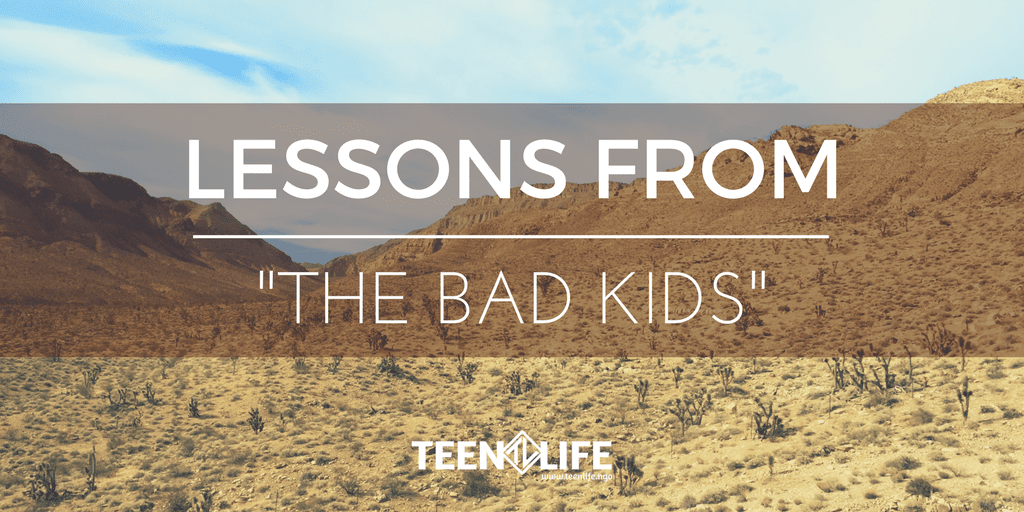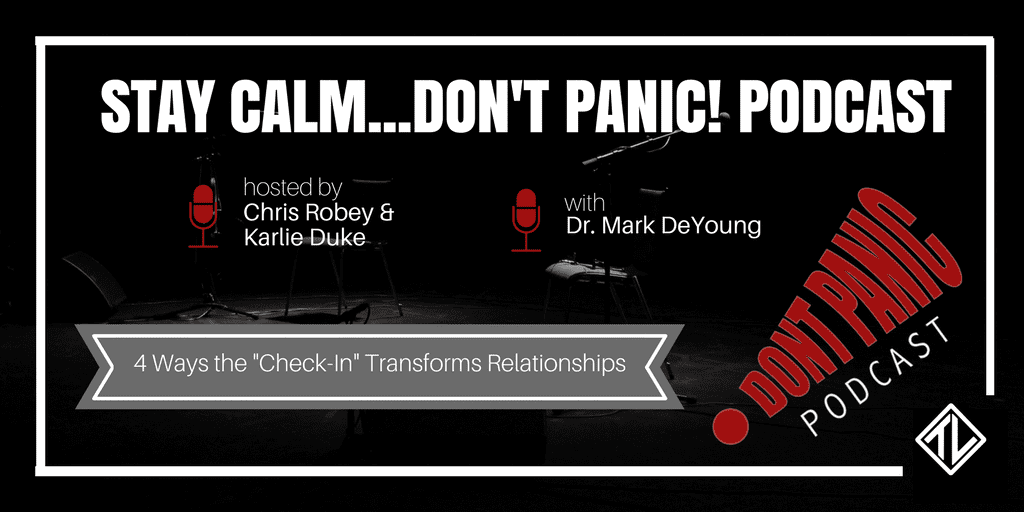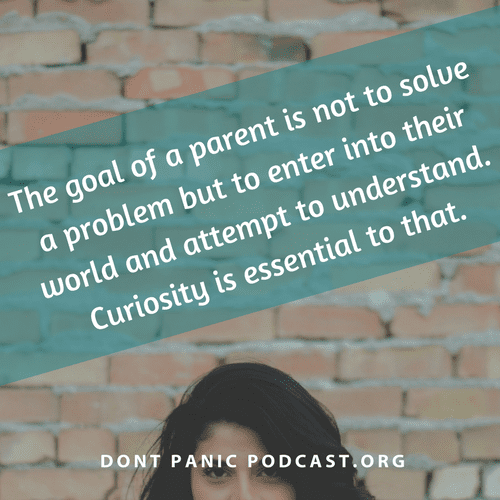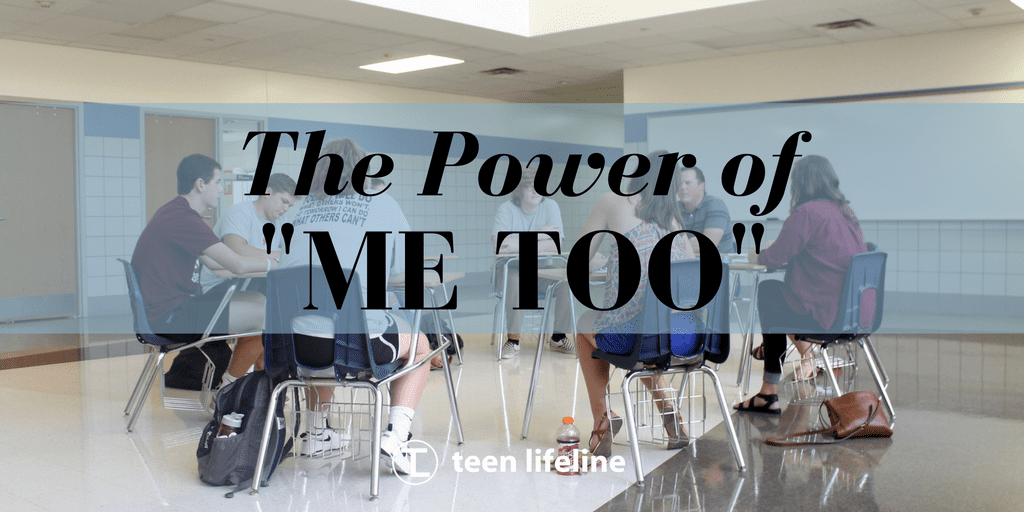
The 1% Principle
In so many ways, this is why I love my work with Teen Life as a Support Group leader. We get to sit with students week after week and talk about what could be better and challenge ourselves to go out and do the work it takes to make it happen. Often these gains are small, but they mean a lot.
Which is why I was struck by a productivity philosophy relatively unknown outside of business schools and self-help circles – The Kaizen Method. Roughly translated (from Japanese) it means “continuous slow improvement”.
The method came into western consciousness after World War II when American automobile makers visited a Toyota automobile plant to research why they were so efficient and error-free in their production lines. Up to this point, American automobile assembly lines were notoriously sloppy and wasteful.
What they found was surprising – essentially any worker on the assembly line had been given the authority to stop the production line if they saw a mistake or flaw in the work, address the issue, then start production again. And on top of that, any worker had the agency to point out flaws in the overall system or even minor details that would make things better.
This is no small deal. Traditionally, outsourcing feedback to assembly line workers was unheard of, and stopping a production line could be costly. Was it really necessary? Couldn’t these small changes be made in ways that kept the production line moving?
When you compare Japanese vehicles to American ones in that time period, the quality and vehicle output were not even close. By far, Japanese vehicles ran farther, had greater overall customer satisfaction, and held greater value than American cars.
And all of this was attributed to the Kaizen Method – the idea that quality products and healthy growth happens not from great individual leaps, but more from small, incremental growth – consistent over time.
When workers were given freedom to fix small problems, flaws in the system were noted in real time and fixed. In American factories, production lines never stopped so if there was a problem, they wouldn’t know until they had to strip down a car and start all over again. Problems were never fixed and the end result was a complete mess.
After this method was uncovered, productivity experts started to apply this principle to self-improvement. The idea manifested in several ways, but one way really stands out – the 1% improvement principle.
The idea is if you really want to develop a habit or get better at something, you need to do so at a very slow pace. Basically, you aim to get 1% better or more regular at doing something each day. And, it actually starts that way if you are starting from scratch.
For example, if you don’t read regularly and you want to, you would start by reading 1 minute a day, then 2 minutes the next, and so on. You are allowing your brain to feel small successes while also building habits over time. So often we want to start a healthier lifestyle by radically changing what we do or going “cold turkey”. But with this principle, we prevent our brain from getting overloaded and stressed – allowing for healthy change over a long period of time.
This works in our support groups with teenagers and my guess is it can work for you. Here are some tips:
- Choose one thing you want to do differently or better in the coming month. Only choose one thing.
- Start day one with a small expression of what you want to be doing well in a month. An example would be if you want to save more money than you spend, spend one less dollar on something you normally would. Or, go on a one minute walk.
- Make sure you schedule that minute or small activity. Even though it is small, it needs to be scheduled so you do it.
- Add small increments on top of it. Map it out over a month so you can see your progress.
- Finally, don’t feel guilty for such small steps. You are working on life change, not just trying something new. These things take time, and any time you give is a step in a positive direction.

Chris Robey
Former CEO
Chris Robey | Former CEO
Chris has spent most of his career empowering teenagers from all backgrounds. As the former leader of Teen Life, he is passionate about helping students make good choices while also giving adults the tools they need to communicate more effectively with teens. Chris is a graduate of Midwestern State University and holds a Master’s Degree in Family Life Education from Lubbock Christian University.















